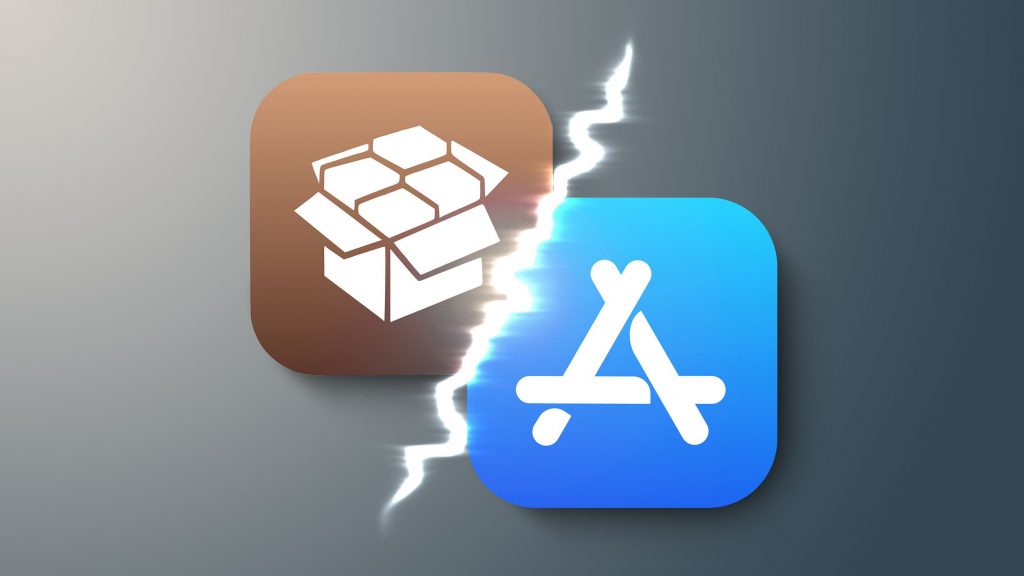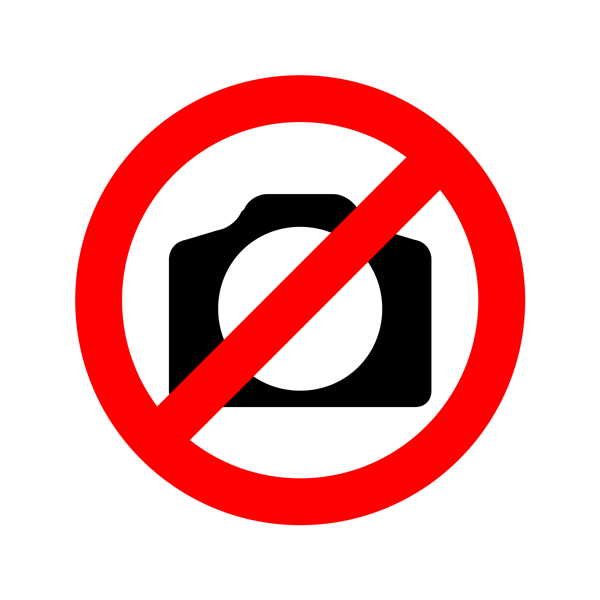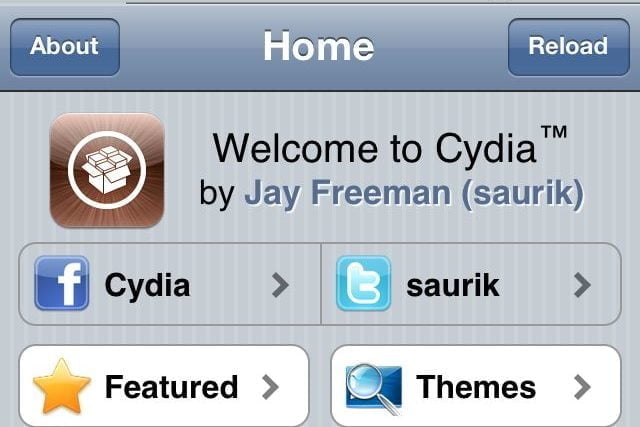The creator of the alternative app store, Cydia, is suing Apple for the damages it allegedly caused it and may drag Apple back into the mud it does not want to get into.
In the early years of the iPhone’s existence, many users, would “break-in” their iPhones just to install the alternative app store, Cydia. In the early years, this was the only way to change different system settings, choose a ringtone, or install Hebrew. Since 2018 we thought we would not hear again from the venture that brought us Hebrew to devices before Apple did it, but this past weekend it proved that it has not yet said the last word.

Allowed to install apps before Apple allowed to install apps
If you lived in a cave in 2007-2012, we will remind you that in the first years of the iPhone’s existence, it was not possible to install third-party apps at all, and Cydia, Jay Friedman’s alternative app store known as Sauric, entered this space. Even after the launch of AppStore, Cydia also allowed iPhone users to install tools and themes that Apple did not dream of giving them at the time – and about 10% of iPhone users would hack it.
Over the years, Apple has updated iOS with more and more features, some of which were taken directly from the ideas that emerged by the developers at Cydia, and also tightened its security system so that in almost every version update, had to wait weeks and months for hackers to release tools again. In 2018, Freeman announced that he was neutralizing the possibility of paid purchases in the store following a security breach discovered in the clearing mechanism, which pretty much nailed the last nail in Cydia’s closet.

In December 2020, Freeman, the creator of Cydia, filed a lawsuit against Apple in which he claimed that it was allegedly exploiting its monopolistic position to harm alternative app stores and that he was forced to close Cydia following steps it took by virtue of its alleged position. Freeman has sued Apple for the damages it has allegedly suffered since 2012 since Apple allegedly began harming Cydia. According to him, between 2011-2012, the store brought in $ 10 million, so this is not a small amount.
The judge has already made trouble for Apple
Apple tried to get the California federal court to dismiss the lawsuit, especially in light of the statute of limitations that in such cases take up to 4 years, and the judge did rule in its favor. However, the judge allowed Freeman to send a new statement of claim, as he did last January. According to Freeman, even in the years 2018-2021 Apple sent software updates that actually blocked Cydia. Now, this lawsuit is progressing so Apple should respond to the allegations by mid-June.

Coincidentally, Cydia’s lawsuit against Apple, Yvonne Gonzalez Rogers, is the same judge from Epic Games’ lawsuit against Apple that actually dealt with very similar issues: Afiq sued Apple during a fairly transparent publicity stunt when she dragged her to sue him.
“Apple tax” that developers are forced to pay Apple for every transaction made in AppStore. The lawsuit dealt quite a bit with whether Apple is a monopoly and especially with the question of whether it prevents competition. In the end, the judge ruled in principle in favor of Apple but obliged Apple to allow developers to collect payments, not through Apple’s payment system from which it deducts the same 30% of each transaction.

Freeman’s lawsuit comes at a problematic timing for Apple, which is under fire from regulators in the United States and Europe who are trying to enact laws that will require Apple to allow apps to be installed via Sideloading, that is – not through AppStore.
Against the same rules, Apple sent its best sons including Tim Cook and Craig Federici, who spoke at cyber conferences and private conferences And leveled their arguments against the concept mainly with intimidation arguments.
Among other things, the two claimed that opening the gates from Appstore would allow bad players to bypass Apple’s security mechanisms, and even compare the iPhone to your home with the best security system to prevent burglars from entering, just to pass a new law that forces you to install a door that is always open. in her. Afik’s lawsuit has revealed quite a few seemingly uncompetitive methods used by Apple, and it is likely that Apple does not want to be dragged into legal mud again with regulators’ eyes on it when it comes to anti-competitiveness. In other words – will be very interesting.





GIPHY App Key not set. Please check settings